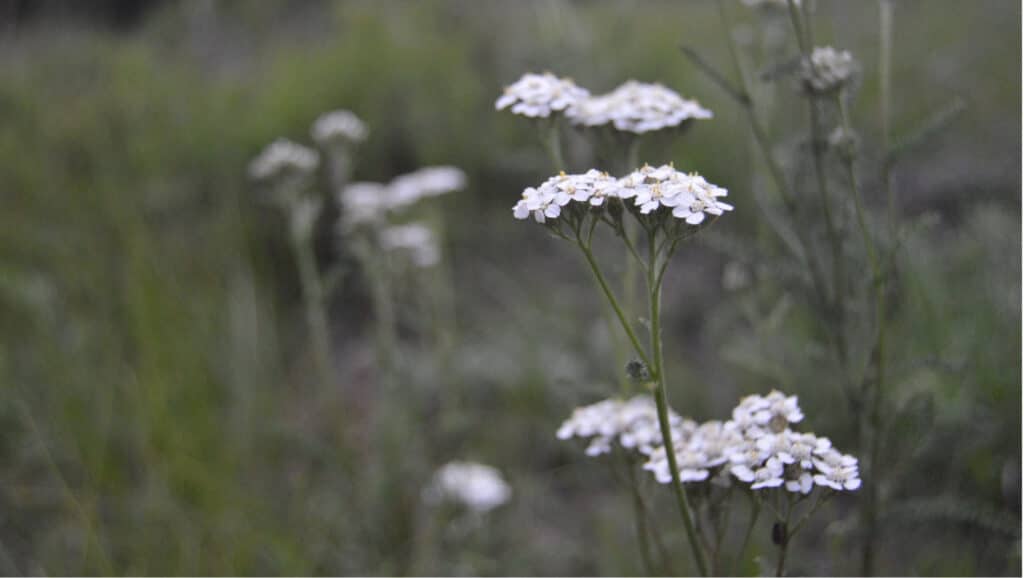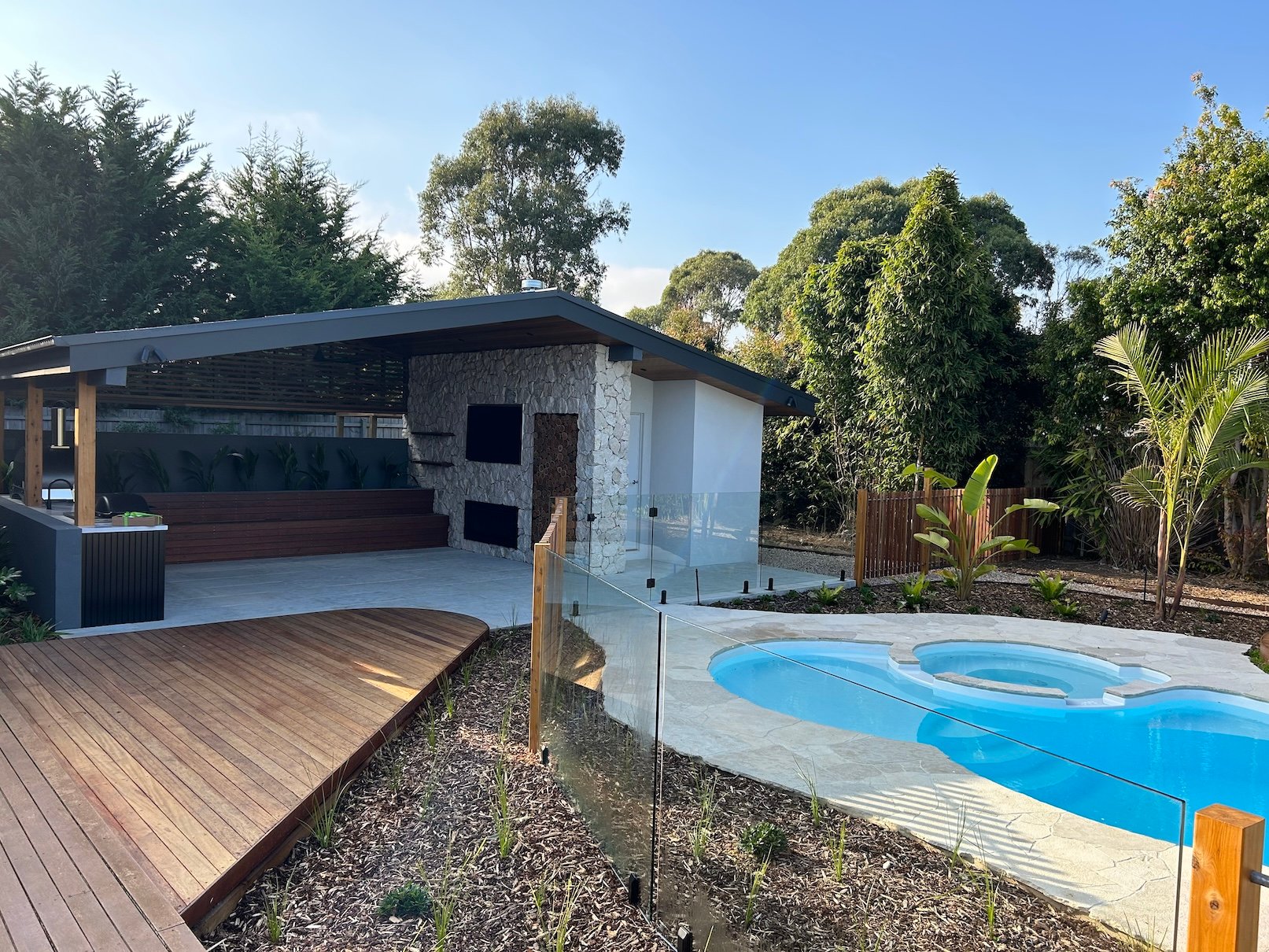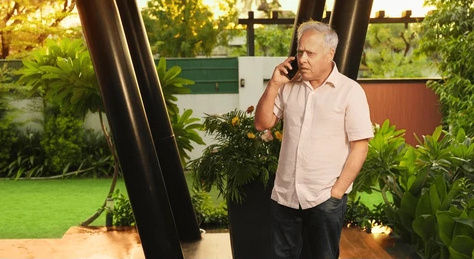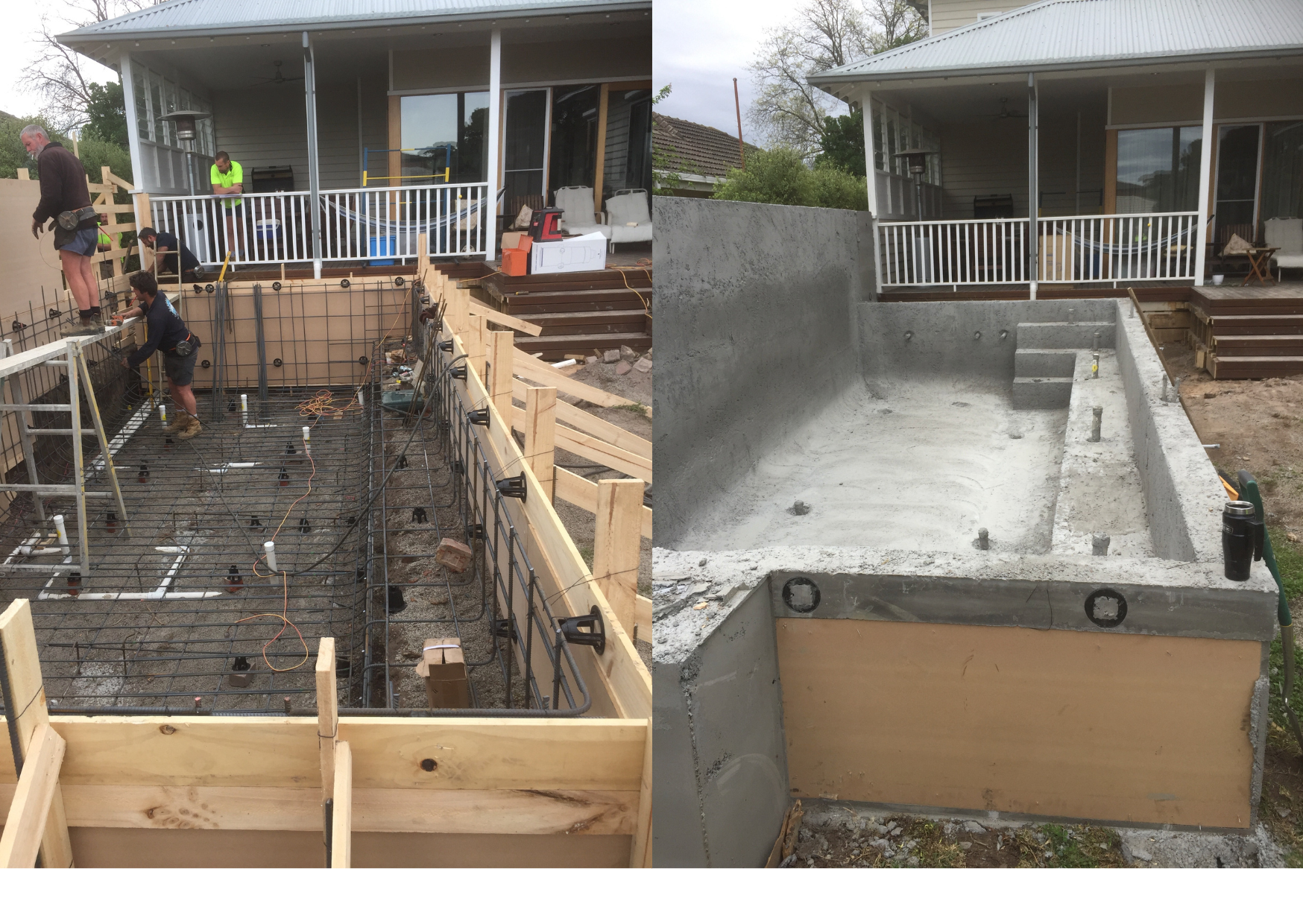
Are you a little confused about exactly who does which job in a landscaping project? Are you a little uncertain about just what your role as the client should be? Do you look at all the different people involved in a job and wonder what they all do?
With over 30 years experience in the landscaping game, we understand clearly all the different roles everyone plays in a project. And why it's important that everyone does their job properly and ONLY their job. (Confusion mostly enters into jobs when people don't do their jobs properly OR when they try to do someone else's job that is not theirs.)
We've written this article to help you understand what your role is as client in a landscaping project so when you get to the end you'll have a very clear idea of roles and responsibilities.
- Whose job is it to lay the paving? – the landscaper.
- Whose job is it to use the CAD software? – the designer.
- Whose job is it to provide access to the site? – the homeowner.
Okay, so far so good!
Let’s see where it can get confused.
Whose job is it to decide how pavers are laid on site?
You might think it's pretty obvious that the foreman, site supervisor or project manager should be the only person deciding how the pavers are to be laid on a site.
But unfortunately I have had a client in the past bypass the foreman and say to the person laying the pavers “can you make the overhang of the paver on that step go to 40mm not 20mm as I think it will look nicer”.
In this case, the person laying the pavers happened to be very inexperienced in understanding how things work on site. They followed the (well-intentioned) instructions of the client and ended up creating major problems with the job.
So, ensuring that each person "sticks to their knitting" so to speak and only does the job they are supposed to do, is the key to ensuring a job goes smoothly on site.
“Whyte Gardens helped us to completely overhaul our tired, old, two-level and bedraggled backyard into a lovely open and neat space incorporating a pool, deck, play area and outdoor entertaining space. He had ideas, enthusiasm and great practical advice. Three years later and our garden is now well established and works superbly for our family.”
– Helen
What is your role as a client?
As our client, you have the most important role in the whole landscaping project. Without you, the project wouldn't exist. You are the reason why we do what we do.
- Choose the right designer for you.
This is your very first job. The whole process begins with you choosing the right landscape designer. Always choose the person you feel best suits you, someone you feel you can work with. Someone who takes in your ideas, understands them and gives you back a design that you feel is right for you. It's a bit of a 'chemistry' thing, so it's hard to describe but if you meet a designer and think they 'get you', then go for them. If it's us, great. If it's not, we'd rather you move on until you find the right designer for you. - Be the dreamer.
Our entire landscaping project only exists because of you. So the whole project is about you. It’s your garden and as designers, we should only ever design to your desires. Please feel free to express what you like and don’t like. At the start of the project when briefing us, tell us anything and everything you want to include. Try not to hold back from expressing your desires out of fear it can’t be done. Share all your thoughts with us, as the more open the communication lines are between us, the smoother things will run and the greater the results. - Have ideas.
Now, you would think that ideas would fall under the job of the landscape designer and in fact you're right it does! Note, some overlap does exist, and we would never want any client to feel inhibited about expressing any thoughts or ideas they have. In fact we would encourage you to do so. Over the years we have done many designs where the client suggested a material, a solution, a design feature or some other aspect that we didn't even know existed and we ended up implementing it into the design with great success. So, good ideas can come from you, the client, the designer, or anyone else! Now while there is always someone who has overall responsibility for the design, the truth is that we work for you, our client. And if you want to offer up suggestions, ideas or any other input, our job is to listen and incorporate them, IF WE THINK THEY WILL WORK. Ultimately that's our responsibility, we have to take suggestions and make them work and if they won't then we have to find a way to politely decline your idea if it's impossible, impractical or will blow the budget. - Site access.
It's a simple thing but it often gets forgotten about or it gets complex. We can't do our jobs if we can't get access to your site. So if there are locked gates or doors and we can't get through them, we won't be able to do our days work. - Site safety.
While in principle we are responsible for the overall safety of the work-site, there are two things we need your help with - children and pets. We simply cannot operate your site safely if there are kids or animals running all over the place. - Site supervision.
Again, while it's our job to supervise the operation of the site from a logistics point of view, if you see something going on that is NOT as you expected it to be, please feel free to speak up. Tell the site foreman or if you wish to speak to the office, please feel free to call us. This includes if you just "feel something is not right" or even if you have an idea. ("Now I see the garden taking shape, maybe that feature tree should go over there!") - Communicate with us.
Throughout the landscaping project there will be many times we need to communicate with you. It might be in person, it might be by phone, it might be via email or text message. Often it might be a simple question that we need answered urgently but it could hold up the whole project if we don't get that answer back quickly. We understand everyone is busy these days with a million things to do, but if we don't get the answers we need to keep your project moving, it could end up costing you money. So we would appreciate your prompt response so we can keep your project rolling along and aim to meet your deadline. It also makes the process less stressful and more enjoyable for everyone if we keep the communication flowing quickly. - Approvals/deadlines.
Along with communication generally, there are often specific communications we need to have with you, such as when we need your approval for a certain stage of the project. Right from the start we need key approvals to keep the project moving along. The Concept Design needs to be approved. The Master Plan also. The pool might need signing off. Same with the deck or the pergola or the paving. At each stage, we might need you to view something in person or online. Often we can't proceed to the next stage until you do.
We had a client whose garden was nearly finished and the only step left was the planting. The plants were about to arrive when the client said "I haven't gone through the Planting Plan yet, can we discuss it". (Mind you they had approved it months earlier but had forgotten.) So when approvals are needed it's important that you understand what you're approving, or not. And if you don't understand anything, please let us know. - Project Management.
While we are managing the overall project, it's totally OK for you to stay up to date with what's happening and ask us "What's happening next week?" or "What stage are we up to?" But please don't email us, like one client did, and ask for a weekly spreadsheet of exactly everything little thing we are doing for that week. Nothing wrong with checking in with us regularly, and you should, as it's your project. We are totally happy to keep you informed and up to date and answer any of your questions or queries. But please don't try and micro-manage us, that's what our site manager does! - Pay the bills.
Last, but not least, one of your most important jobs is to ensure the project keeps going by paying all progress payments on time. In order to move from one stage to the next we often have to pay the supplier for the materials or work done either in advance or on completion. If we don't have the regular cashflow coming into the project, we might not be able to buy the materials required or pay the contractor we require to complete a certain stage. This can delay the whole project which can ultimately end up costing you more. We might have up to a dozen projects on the go at the same time so if all of them delay their progress payments, it can lead to multiple delays on multiple projects. Keeping the cashflow going helps keep everything moving along and helps us deliver your project on time.
Like everything in life, it all flows much more smoothly when everyone has a clear idea of what they are supposed to be doing and does it. And when they don't try and do someone else's job. Hope this has added some clarity.
Founder of Whyte Gardens
Topics:


